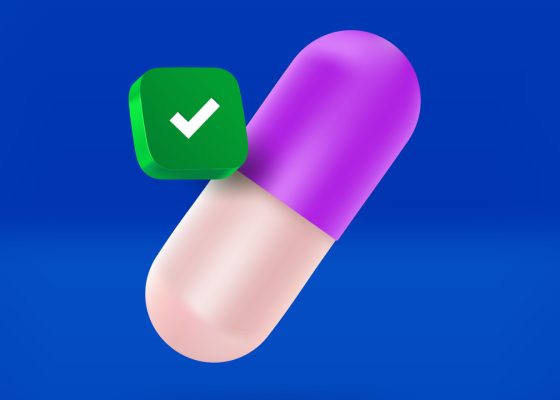The pharma company claims that terms set by the Australian government meant it was ‘commercially unviable’ to proceed with a PBS listing.
Eli Lilly Australia has announced it is withdrawing its application to have lebrikizumab (Ebglyss) listed on the PBS.
“The risk-share arrangement (RSA) in place by the Government for this class of atopic dermatitis medicines requires an average selling price that is significantly lower than other markets globally. This RSA requires a company to reimburse the Government for all costs relating to the medicine and its supply once its budget (expenditure cap) for the medicine is exceeded,” the company said in a statement.
“As prescribers and patients rapidly adopt this class of therapies, this RSA poses an unsustainable, unviable environment for Lilly to enter and ensure sustained access for eligible patients – for the years to come.”
Tori Brown, general manager of Eli Lilly Australia, said the difficult decision would have a significant impact on patients and clinicians – with the company estimated that over 40,000 Australians could have benefitted from accessing lebrikizumab via the PBS.
“The Government has acknowledged patients face delays in accessing PBS-reimbursed treatments. Now, more than ever, [health technology assessment] reform must be a key priority – without it, Australians will continue to miss out on the world’s latest medicines,” Ms Brown told media.
Managing director of Eczema Support Australia Melanie Funk said it was “disheartening” not to see the drug be listed on the PBS.
“Atopic dermatitis, commonly known as eczema, is not just dry or itchy skin—it is a chronic, often life-limiting condition that can cause immense physical and psychological distress. Its impact on daily life, relationships, work, and mental wellbeing is substantial,” she said.
“The financial cost of managing the condition, including access to effective treatments, places a significant burden on individuals and families.
“While some people do respond well to the currently available PBS treatments, others are left without options that effectively manage their moderate-to-severe eczema.”
Both Ms Funk and Ms Brown were worried about the potential future precedents of the government’s requests.
“I’m concerned that recent PBS decisions could affect future access to innovative eczema treatments, and hope that improvements to the reimbursement process will support timely, affordable options for those who need them,” said Ms Funk.
“We are proud of our strong investment in the R&D sector in Australia. It supports clinical trial research, fosters Australian jobs, and pioneers innovative medicines. However, the sustainability of these programs will be determined by whether that research translates into those medicines becoming accessible to eligible Australians,” said Ms Brown.
This is the second time in 18 months that Eli Lilly has elected not to pursue the listing of one of their products on the PBS. Last year the company withdrew its application for mirikizumab, a treatment for adults with moderately to severely active ulcerative colitis – again citing financial concerns – after existing policies would have required Eli Lilly to accept the same price as its lowest cost comparator.
Lebrikizumab was approved by the TGA for the treatment of adult and adolescent patients (≥12 years of age) with moderate-to-severe atopic dermatitis in last year, after receiving a positive recommendation from PBAC following their March meeting.
“The PBAC acknowledged the clinical need for additional systemic treatments for severe AD and considered that lebrikizumab provides an overall clinical benefit similar to the primary comparator dupilumab and the additional comparator upadacitinib,” the outcomes report read.
“The PBAC’s recommendation for listing was based on, among other matters, its assessment that the cost-effectiveness of lebrikizumab would be acceptable if it were cost-minimised to the lowest cost alternative therapy of dupilumab or upadacitinib.”
The IgG4 monoclonal antibody binds to and indirectly inhibits the downstream effects of interleukin-13, a key contributor to the pathogenic process underlying AD.
Lebrikizumab will remain available to patients via private prescription.





